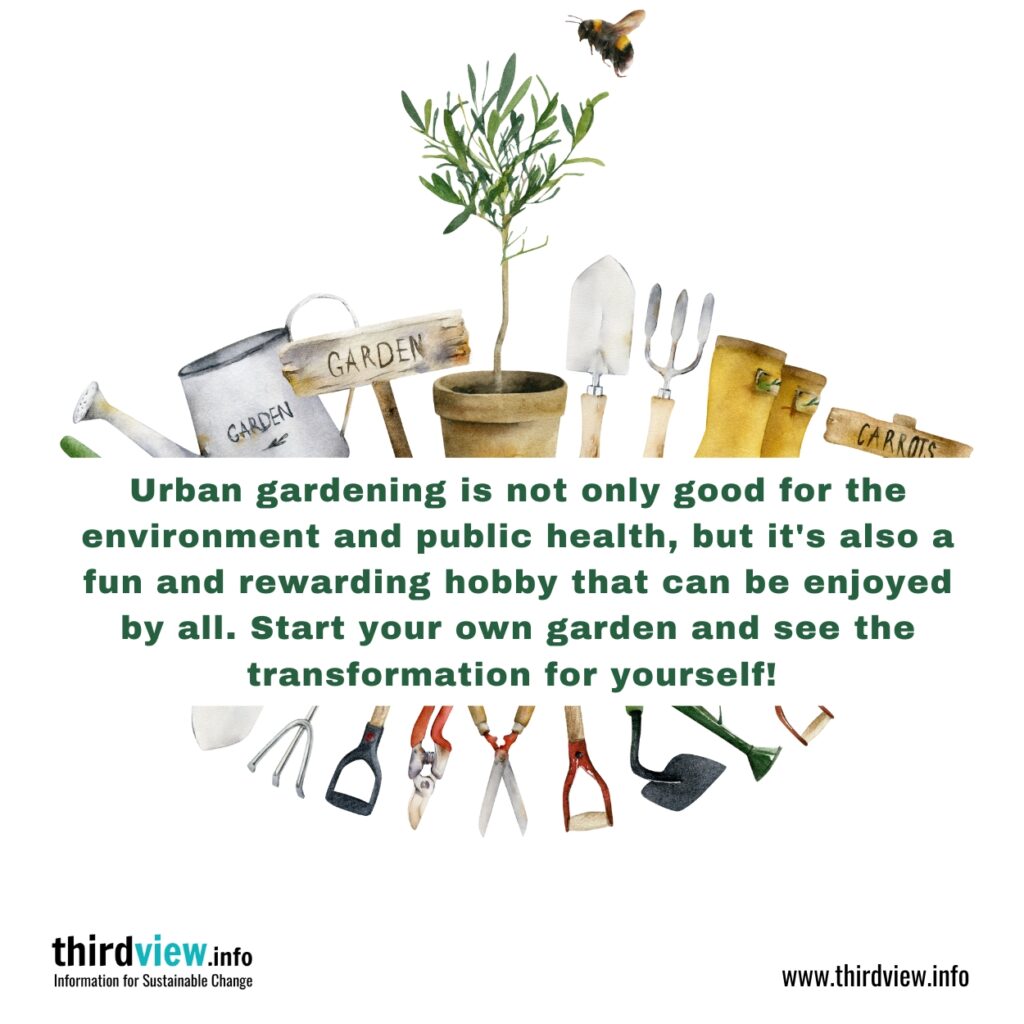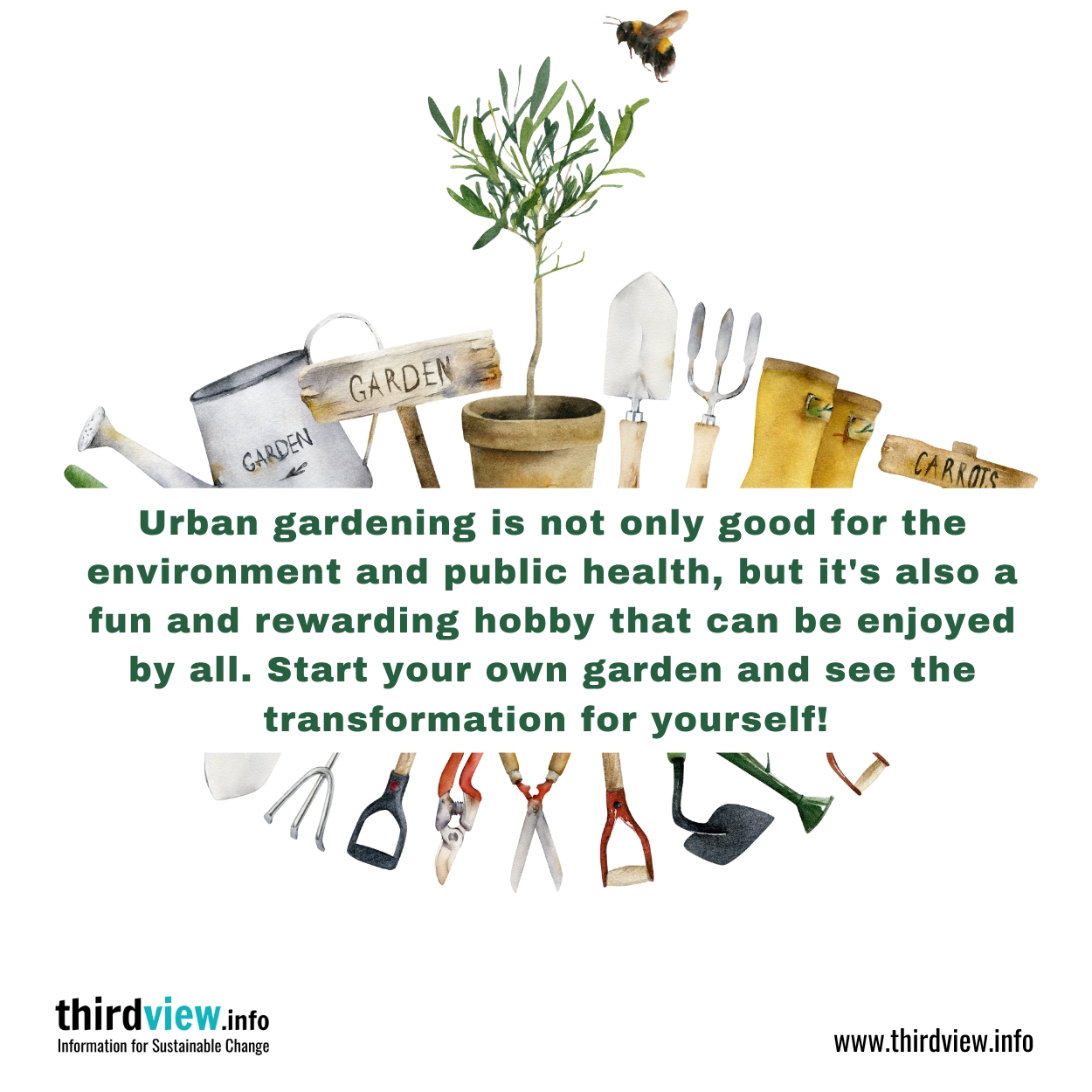Urban gardening is an increasingly popular trend that is transforming cities around the world. From rooftop gardens to vertical farms, urban gardens are popping up in every corner of our cities as more people recognize the potential of these green spaces. Not only are they great for the environment, but they can also be a source of healthy food and a respite from city life. Let’s take a closer look at how urban gardening can have a positive impact on our cities.
The Benefits of Urban Gardening
Urban gardening offers a variety of benefits both to individual gardeners and to their wider communities. For starters, it can help reduce reliance on traditional grocery stores by providing fresh fruits and vegetables right in the heart of cities. This is especially important in underserved communities where access to fresh produce is limited or non-existent.
Furthermore, urban gardens can help improve air quality by removing carbon dioxide from the air and replacing it with oxygen. This can lead to healthier air for all city dwellers, which can benefit both human health and the environment as a whole. Additionally, urban gardens also reduce stormwater runoff by trapping water in soil rather than allowing it to run off into sewers or other bodies of water.
Urban gardens also bring people together. They provide a space for neighbours to bond over shared interests while learning from each other’s experiences with gardening techniques or plant varieties. Community gardens are particularly beneficial because they allow members of different backgrounds and generations to come together around a common goal—growing healthy food and building relationships within their community.
Finally, urban gardens offer us the chance to create beautiful spaces within our cities that bring life into otherwise dull cityscapes. The addition of plants helps reduce air pollution while providing green spaces where people can relax or even exercise outdoors if they wish. Urban gardening is a great way for city dwellers to take ownership of their environment by creating something positive out of the limited resources available in cities.
Urban gardening has far-reaching implications for improving public health, reducing environmental impact, and bringing people together across social divides. It is no wonder that more people are turning towards urban gardening as a viable way to grow fresh produce right in their own backyards. Whether you’re interested in starting your own garden or joining an existing one near you, there are plenty of opportunities available for those who want to explore the potential of urban gardening today.


